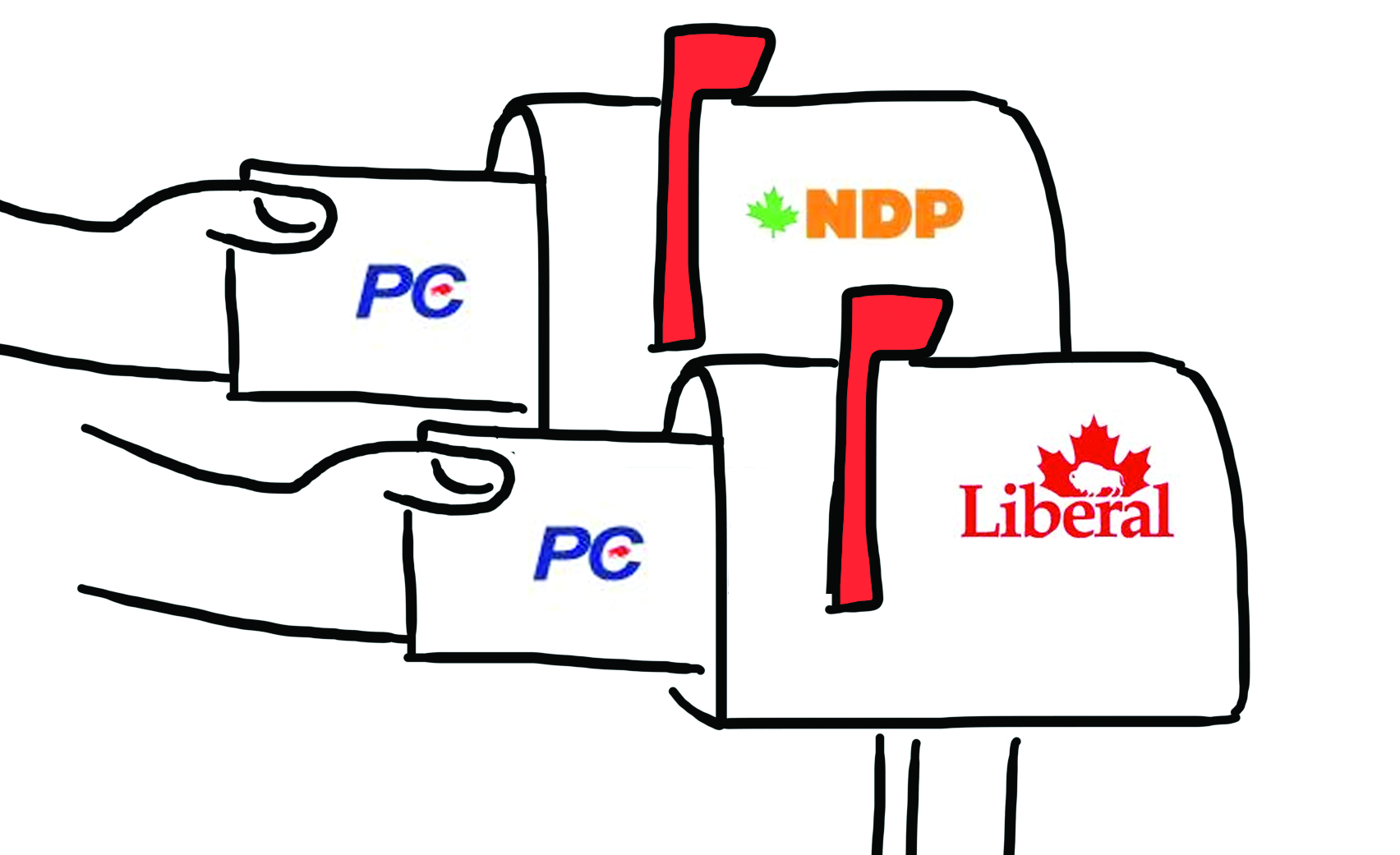Canada is more like the U.S. than we like to admit, even when it comes to foreign policy. Since 2000 we have quietly supported all three military coups against popularly-elected governments in Latin America. The most recent coup, which like the others is mostly ignored by our corporate press, ousted President Manuel Zelaya in Honduras, and again shows our disdain for democracy.
About six families control 90 per cent of the wealth in Honduras, while about 60 per cent of the populace lives in poverty. Zelaya had reduced poverty by 10 per cent, increased minimum wages, raised public pensions and eliminated elementary school tuition fees. In response to well-documented health and environmental issues as well as human rights violations by mining companies, Zelaya announced a moratorium on new mining concessions.
On June 28, the day of the coup, Zelaya, largely supported by the poor, was holding a poll asking if voters were willing to have a referendum to reform the country’s constitution. The opposition presented this as an attempt by Zelaya to increase his term limits, which would of course be impossible, because the referendum pertaining to the constitution could only pass synonymously with the election of a new president. Zelaya hoped to reform the constitution which was formed under a U.S.-backed dictatorship. It was the challenge to elite control of governance through a popular referendum which they feared.
The coup happened just before the election with hopes that through repression and control of electoral processes, the elites could ensure favourable results. The coup government suspended human rights: there have been shootings into unarmed crowds and at opposition activists, arbitrary arrests, rapes, detentions, disappearances and police beatings. Many independent radio and television stations have been shut down. The Organization of American States and the General Assembly of the UN both immediately condemned the coup, calling for the immediate and unconditional return of Zelaya’s government.
Canada, the second largest investor in Honduras, has not cut off military aid or any aid to the coup government and is in fact still training Honduran soldiers despite the coup. In contrast to the declarations of the OAS and UN, Canada’s minister of state of foreign affairs for the Americas, Peter Kent said: “We view his initial and subsequent attempts to re-enter the country as very unhelpful to the situation.” Canadian mining company Goldcorp, which is notorious for human rights, environmental and health violations in the region, “provided buses to the capital, [ . . . ] and cash to former employees who rallied in support of the coup.” According to Kent, “Canadians should be proud of Goldcorp [ . . . ]” We support democracy when it’s good for big business.
Meddling in other countries’ democracies are nothing new. Since the 2004 recall election in Venezuela, the Liberals provided opposition party funding through the embassy and CIDA. These are opposition groups that have advocated armed resistance to the democratically-elected government. Like in Honduras, we did not take well the Venezuelan government that reduced extreme poverty by 70 per cent, greatly reduced poverty, and brought healthcare and subsidized food to the poor. It’s not good for business to have to pay higher minimum wages or taxes and it’s not good for corporations when a country reclaims its resources and redistributes its wealth rather than watching it leave for the U.S. and Canada.
Canada and the U.S. joined together to oust the elected populist-priest Jean Baptiste-Aristide from Haiti. Roger Annis reports that after his second election in 2000 Canadian “aid and loans were sharply curtailed [ . . . ] while funding of so-called nongovernmental organizations was directed exclusively at those opposing the government.” Aristide was initially ousted by a U.S. coup and was allowed back only under the condition that he would support free trade. Free trade forced small-scale farms to compete with our Agri-businesses, devastating the local economy. At the same time we funded groups causing civil unrest and finally our military alongside the U.S. removed Aristide and posed a fraudulent election where neither he nor his party could run. The repression that followed the coups was ignored by our corporate press, despite documented records of human rights abuses.
Our government and its foreign policy are not dictated by democracy promotion, but a desire to create a good investment climate, which means repressing labour, lowering taxation, unrestricted investment and the ability to repatriate our profits: that is what motivates foreign affairs in both the U.S. and Canada. In a free market system you get the best democracy money can buy, and if you are interested in a real democracy and a government that supports the need for democracy world-wide, we need to free our government from its private funding. Until then, we will promote democracy only to the extent it is convenient to business interests.
Peter Zylstra-Moore is currently studying International Development and Economics at CMU and the U of W. He has been involved in development work in Mexico, Nicaragua, Uganda and Kenya.



